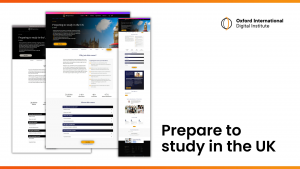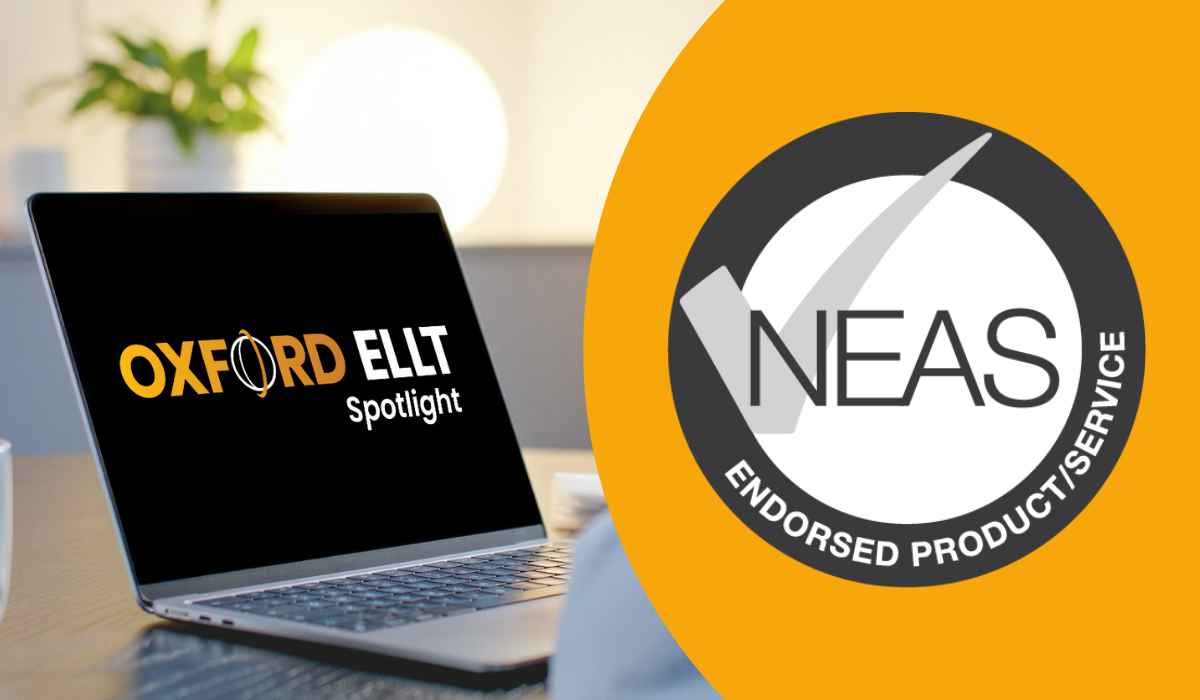While the concept of online learning is not new, the COVID-19 pandemic accelerated the adoption of this mode of academic delivery, for both learners and education providers. Hybrid and online learning models have redefined the education landscape and are now commonplace, with many institutions implementing hybrid and online modes of delivery in their academic delivery.
Recent global higher education surveys demonstrate that learners now want and expect technology to be effectively integrated within their learning. Anthology’s 2022 global survey found that over 80% of students prefer that at least some of their courses or course meetings take place online. 41% of surveyed students indicated a preference for fully online courses, while only 18% of students indicated that they prefer fully in-person courses. This data shows that while there is still a demand for traditional learning modes, institutions will benefit from adopting hybrid and online learning.
Why students love Hybrid and Online Learning
- Flexibility: According to BestColleges’ 2023 Online Education Trends Report, convenience and flexibility are the top reasons students prefer online over in-person courses.
- Accessibility: These learning models are easily accessible from anywhere in the world, provided there is an internet connection. The 2023 insights from Tribal i-graduate’s report reveal that 76% of international students prefer at least some of their lectures online, highlighting the growing demand for accessible learning options.
- Affordability: In the US, private institutions, on average, charge $60,593 for an online degree vs. $185,252 for an in-person degree, a saving of $124,659. Online and hybrid courses also often reduce costs related to housing, transportation, relocation and course materials.
How institutions adapt to this growing demand
Despite the clear benefits to students, online and hybrid learning can sometimes feel impersonal and faceless, thus leading to higher attrition rates. Therefore, it’s imperative that higher education providers ensure they maintain an engaged community of learners whatever their mode of delivery. Many institutions have developed effective online and hybrid solutions that attract students to study through non-traditional methods.
The WorldGrad is an organization which specializes in sending international transfer students to partner institutions in United States and Canada. Their model allows students to take one year of courses online in their home country for undergraduate studies before transferring to one of their partner schools to complete their degree on-campus. This model enables students to learn at their own pace, while saving costs and receiving quality education.
Whatcom Community College a two-year college that prepares international students for transfer to top universities across the United States. They offer students a variety of on-campus, online and hybrid courses, with the vision on empowering lives through education. Their online offering allows students to select their preferred mode of delivery, from online asynchronous courses to hybrid options. They focus on creating the ‘American Learning Experience’ for all their students, preparing them for life in America and the American education system, and thus increasing attrition rates when students arrive. They also intertwine ‘Personalized Advising’ into each of their programs, providing them with support for their studies and applications.
At Oxford International Digital Institute, we believe in Learning without Limits, with hybrid and online English language courses that prepare students into higher education. Our programs integrate flexible hybrid study, integrating asynchronous and synchronous study modes. A mix of delivery modes ensures students can study at their own pace whilst also becoming a part of their HEI student community before they arrive on-campus.
By adopting online and hybrid models, and focusing on student engagement, institutions can effectively support and retain their learners, ensuring successful educational outcomes. Hybrid and online learning models offer flexible, affordable, and accessible alternatives to traditional education, presenting a win-win for students and institutions. Students now not only prefer online delivery, but they also expect it in some form or another. Institutions looking to stay competitive and meet the evolving needs of students must adapt to online and hybrid modes of delivery.
Join our panel of experts to learn more about these innovative learning models and how they can benefit your institution, in our webinar on Wednesday 12th June 2024.
Innovations in Hybrid and Online Learning for International Recruitment webinar
- Date: Wednesday, June 12th
- Time: 12:00 – 13:00 EST / 17:00 – 18:00 BST
- Format: 1-hour webinar with a Q&A session
- Click HERE to register










